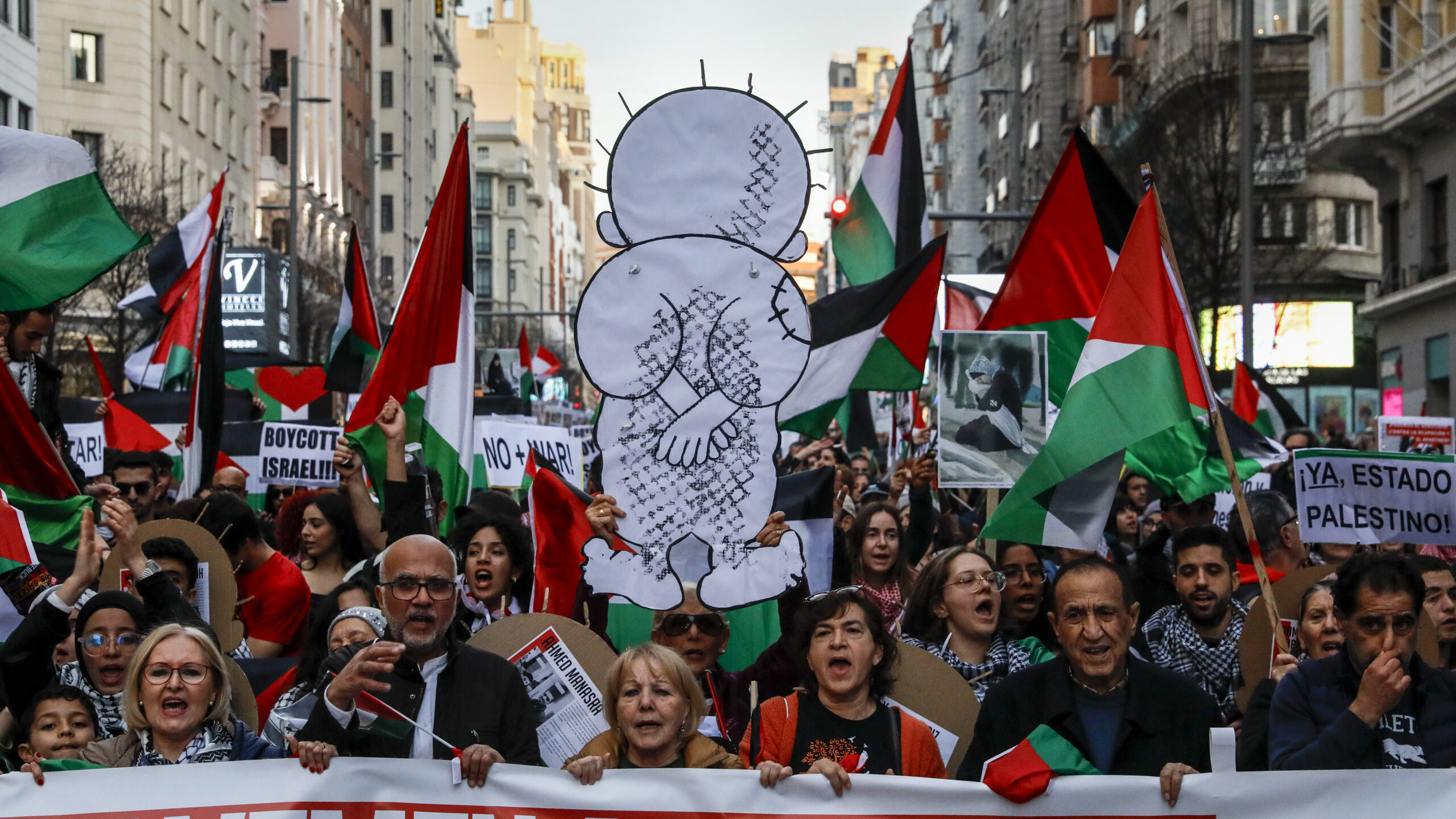For quite a long time, there has been a protracted and painful conflict at the center of which the Palestinian people have lain, with current continuing challenges related to their rights and sovereignty. The call for justice by the Palestinians in recent times is growing louder and louder, expressing frustration and desperation for the resolution of their plight.
These are flagrant demands, and their situation has been brought to international attention very highly. Yet, the response from the UN and world leaders has been remarkably subdued and, for the most part, silent.
Fundamentally, the key justice demands made by Palestinians pertain to several issues: the ongoing Israeli-Palestinian conflict, settlement expansions, military occupation, and the humanitarian situation in Gaza. The Palestinians, therefore, clamor for recognition of their right to self-determination, an end to what they see as systemic discrimination, and a viable path toward a peaceful, sovereign state.
Their calls have been bolstered by a wide array of human rights organizations and activists who say the international community has a moral and legal duty to intervene and support the pursuit of justice.
But the response from the UN-an organization set up to foster peace and security around the world proved less vigorous than many had wished for. The UN has issued various statements and resolutions on the Israeli-Palestinian question but not, however, with means or concrete intervention measures that could give impetus to effective change.
The UN’s approach has thus been criticized for failing effectively to address the causes of the dispute or to pressure the relevant parties into making any meaningful concessions. One problem with the organization is its bureaucratic nature, requiring consensus among member states, which may preclude decisive action and perceptions of inaction and inefficacy.
World leaders have also often assumed a cautious or neutral stance. Partly, this could be because of geopolitical considerations and alliances that many countries keep either with Israel or the other actors in the region.
The complexity of international diplomacy, coupled with the frequent fear of escalating tensions, can cause leaders to shy away from firm positions or public utterances that might affect their diplomatic relations. This therefore means that strong voices, which would speak for Palestinian justice and press for more interventionist policies, are silent or muffled.
The fact that these influential bodies and figures are silent about this issue upsets the Palestinians and their advocates a great deal. Sometimes, it just seems like their struggles are not getting the appropriate attention or support they need worldwide.
When the international leadership and organizations remain silent or take no serious measures, it further deepens the sense of abandonment and helpless despair of those who suffered in this conflict. The absence of vocal support and concrete actions can further entrench the status quo, making the goal even more unreachable for Palestinians and alleviating their present sufferings.
Concluding, the Palestinian people are still in pursuit of justice and solving their perennial problems, while the international community-which includes the UN and world leaders-has been criticized for not undertaking decisive action and vocal support. This can be described as a telling silence, in so far as an important global issue has been addressed without the urgency it deserves, leaving many to ask when the world’s response will match the commitment and determination necessary for a just and lasting settlement.















